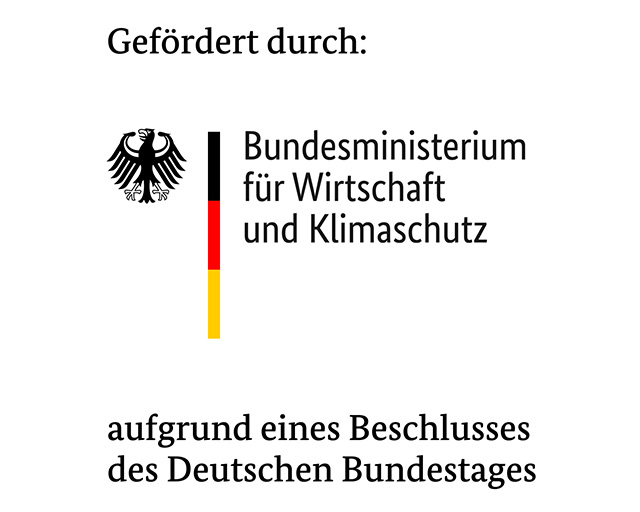
Sensor modules for optimized production of natural-fiber-reinforced plastics by injection molding



Challenge
The increasing use of modified (in this case, natural-fiber-reinforced) plastics causes increased wear on the tools in injection molding. In addition, the process with the novel composite materials should be investigated by means of multisensory layer systems with piezoresistive and thermoresistive sensor technology.
Solution
At the Fraunhofer IST, a multifunctional layer system was deposited on steel inserts which can easily be integrated into the tool. The base layer consists of the piezoresistive and wear-resistant DiaForce® layer. Individual electrode structures made from chromium are structured on top of this. This is followed by two electrical insulation layers made from aluminum oxide or SICON®, between which both the conductive paths from the electrodes and a temperature sensor in meander geometry are fabricated from chromium. The entire layer system has a thickness of around 10 µm.
Added value
At Tomáš Baťa University, the coated inserts were installed in an injection-molding system and tested with a variety of natural-fiber-reinforced plastics. Based on the sensor signals, it was possible to detect whether a good part had been produced during the injection-molding process. The thin-film sensor technology was deployed in more than 500 injection-molding processes without being worn out.
Insights into the project
Funding reference
The IGF project 163 EBG of the Forschungsvereinigung Forschungsgesellschaft Kunststoffe e.V. FGK was funded by the German Federal Ministry for Economic Affairs and Energy via the AiF within the framework of the program for the promotion of joint industrial research (IGF) on the basis of a resolution of the German Bundestag.







